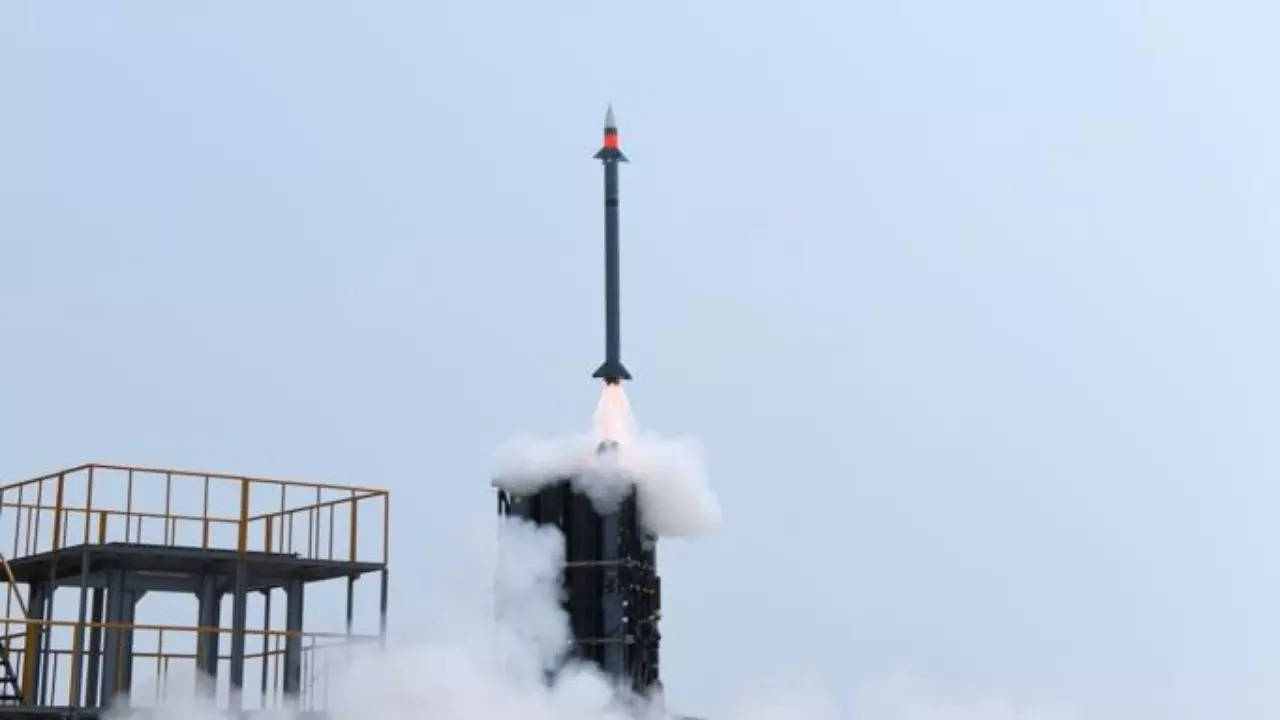- Views: 3K
- Replies: 33

The recent AeroSpace Services India (ASI) event in New Delhi saw a renewed push for collaboration between India and Israel on a next-generation air defence system.
Boaz Levy, President and CEO of Israel Aerospace Industries (IAI), emphasized the potential for building upon the successful development of the Medium-Range Surface-to-Air Missile (MRSAM) system.
Successful Precedent: The MRSAM
The MRSAM, currently in service across the Indian Armed Forces, offers a range of 70-90 kilometers and is designed to counter a multitude of aerial threats.This system serves as a testament to the successful history of defense technology collaboration between India and Israel.
Ambitious Vision: A Long-Range System
Levy's suggestion hints at a more ambitious project centered around a Long-Range Surface-to-Air Missile (LRSAM). Such a system would significantly extend India's air defense reach, bolstering its capabilities against potential adversaries.Collaborative Complexities
The proposal, however, carries a degree of complexity. Despite India's contribution of dual-pulse motor technology during the MRSAM's joint development, Israel later created the export-oriented Barak-8 variant.This version incorporated Israeli technology in place of the Indian motor and featured design alterations. This development raised concerns about potential future supply issues and India's long-term reliance on systems where Israel retains a high degree of control.
India's Indigenous Efforts
India's Defence Research and Development Organisation (DRDO) is actively pursuing its own LRSAM program.This indigenous initiative aligns with the nation's broader push for self-sufficiency in defense technologies and is intended to complement the advanced S-400 air defense systems acquired from Russia.
Questions of Collaboration and Self-Reliance
The Israeli proposal underscores a key question for India: How much emphasis should be placed on collaborative defense development with foreign partners versus focusing on bolstering its indigenous capabilities?While collaborations offer potential technological gains and resource sharing, India's past experience highlights the importance of ensuring long-term control and avoiding undue reliance on external supply chains.
